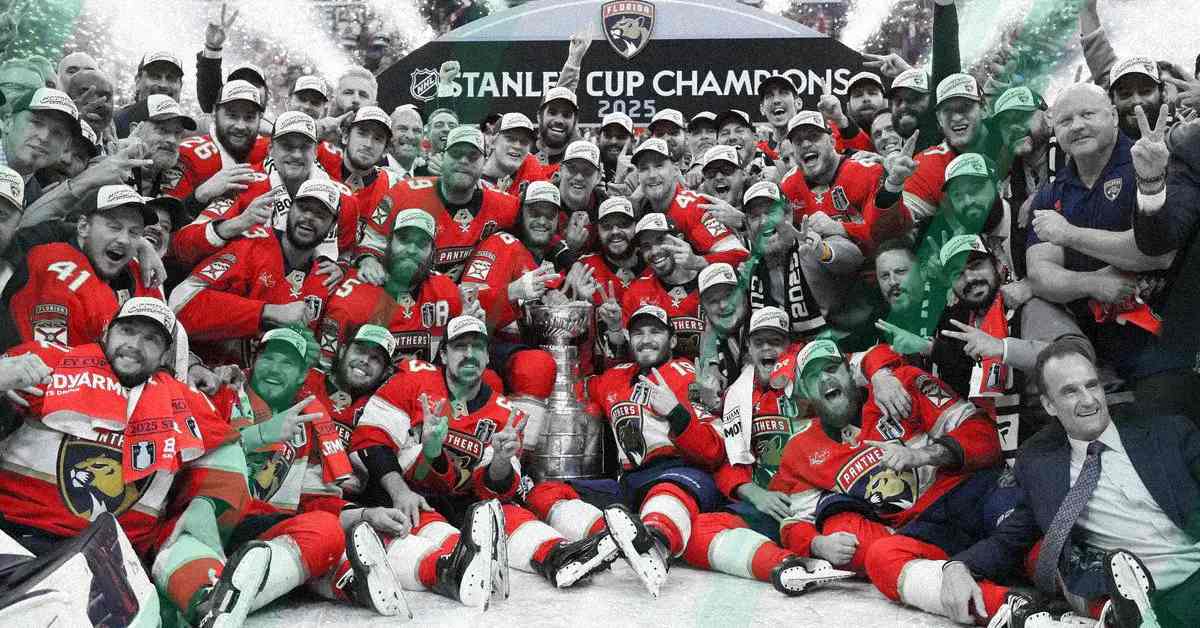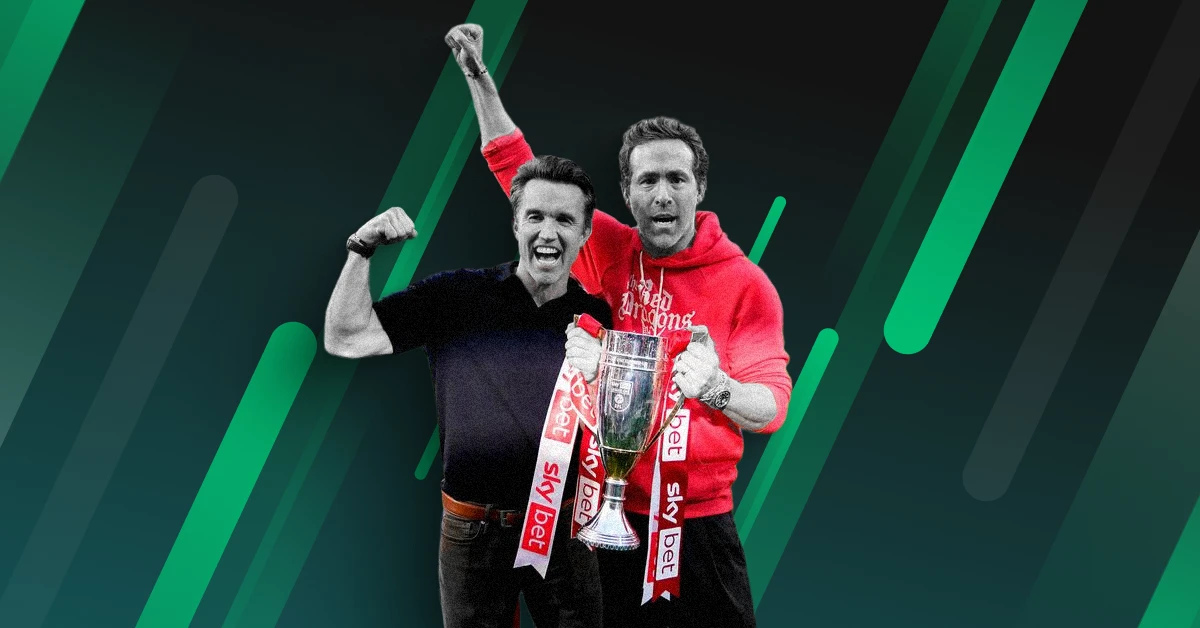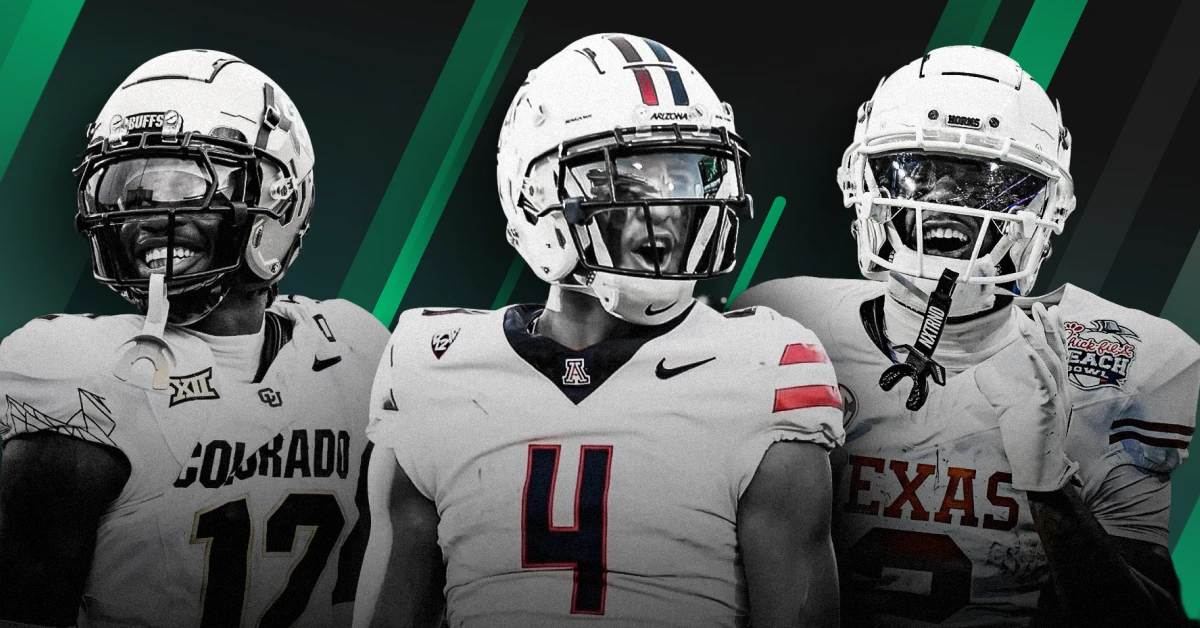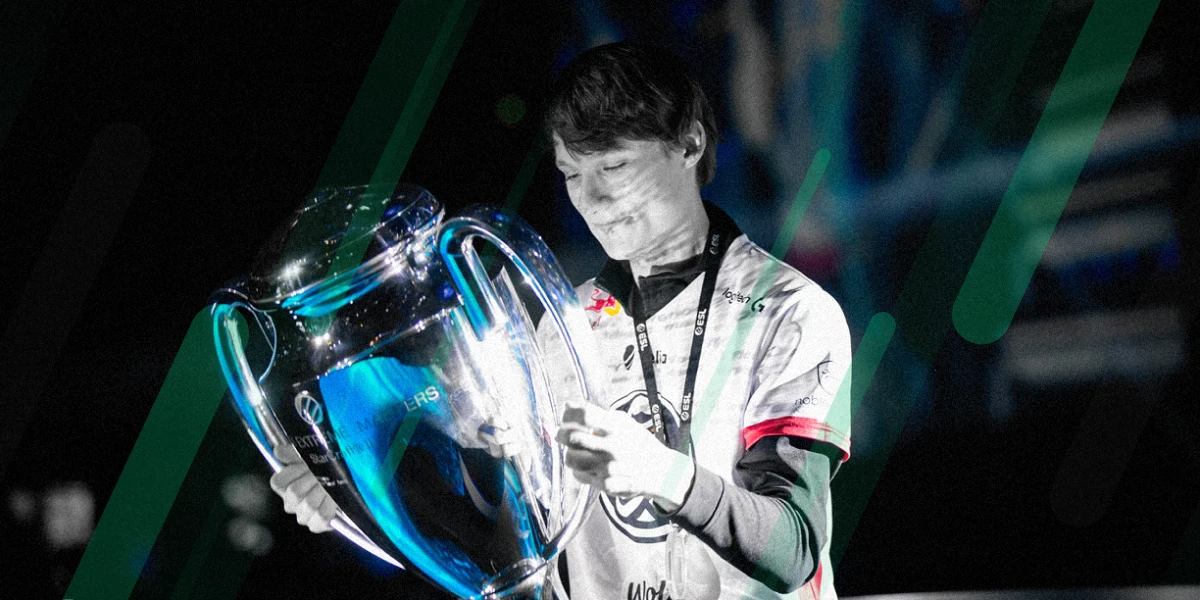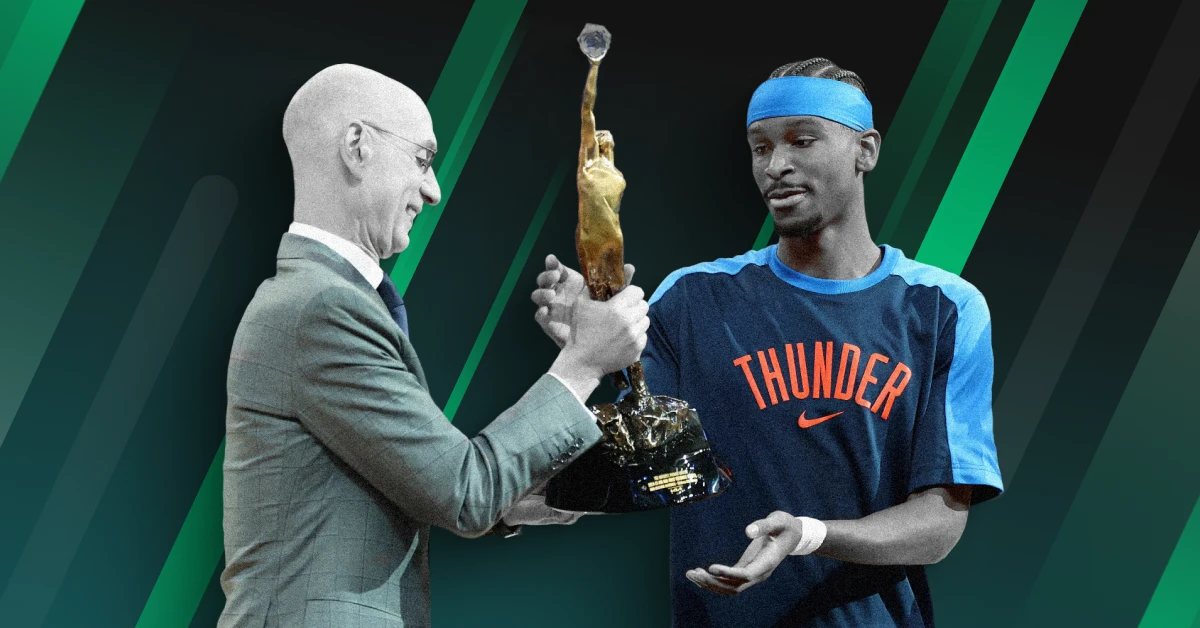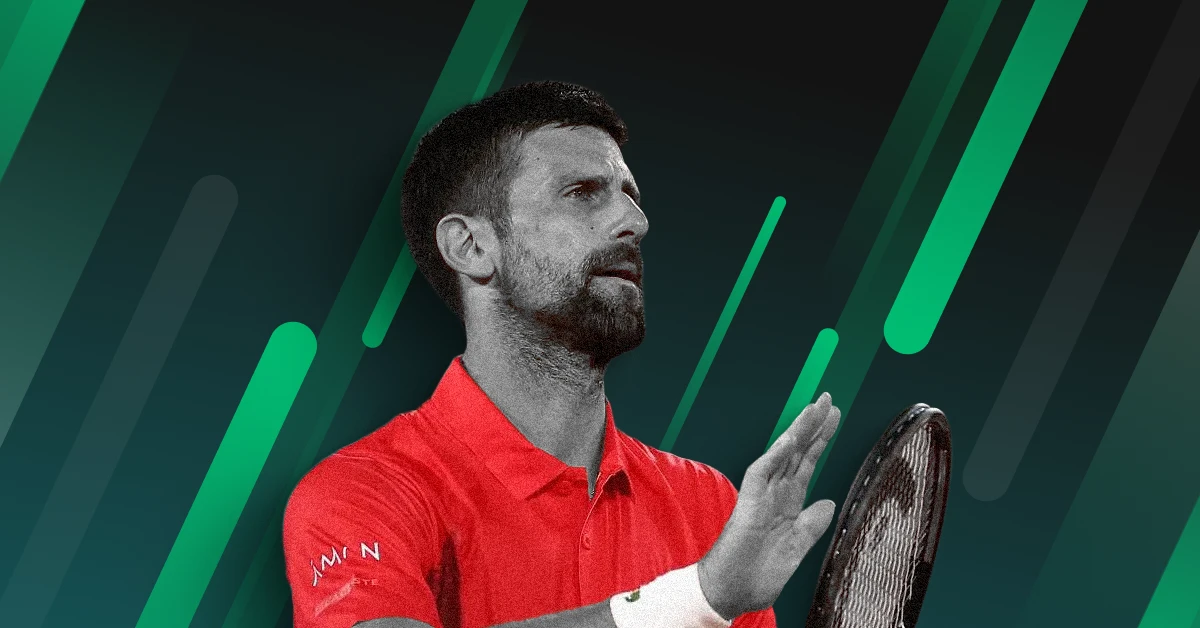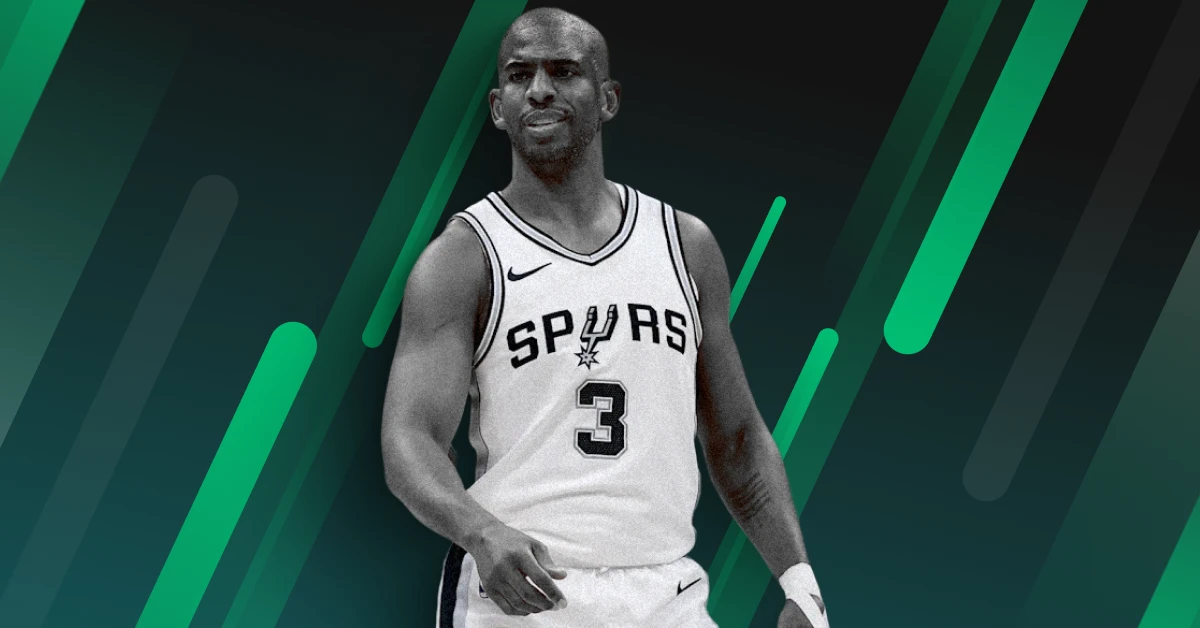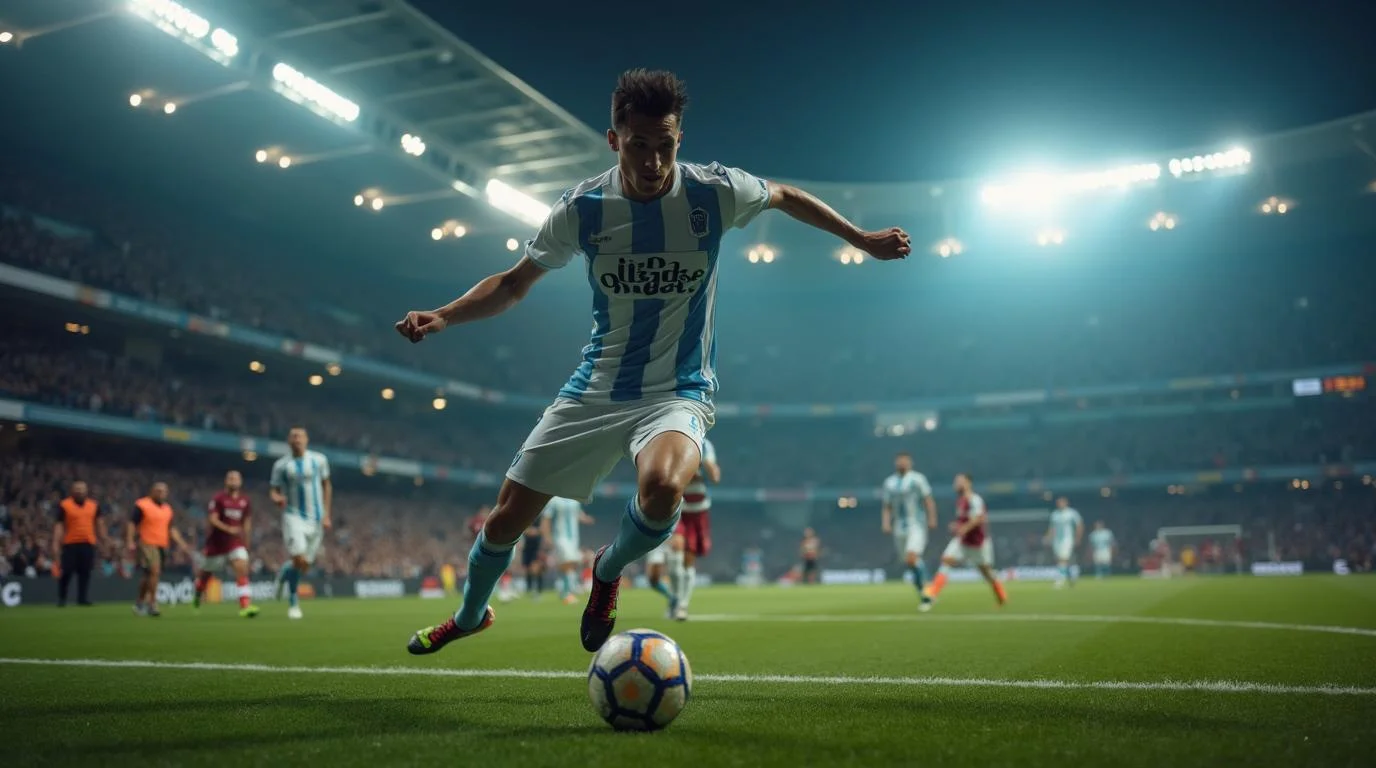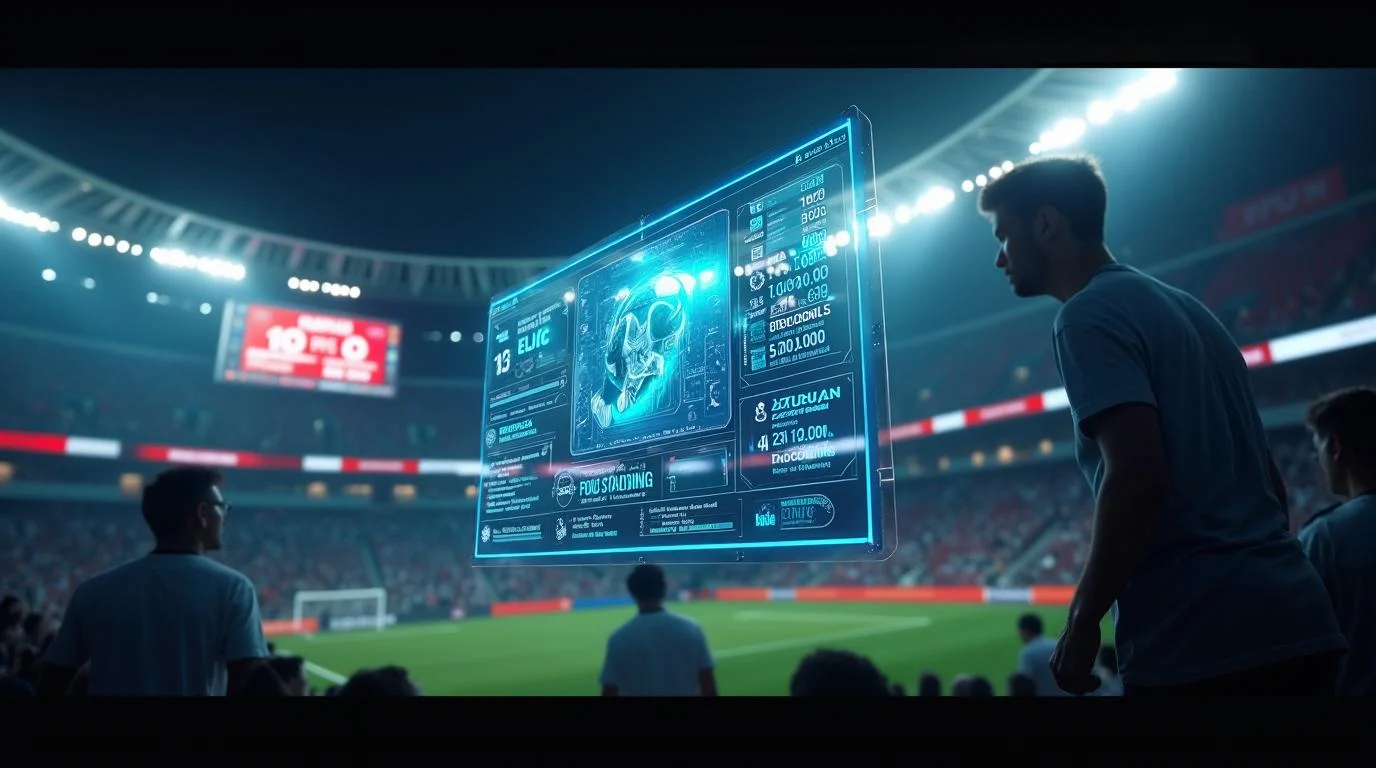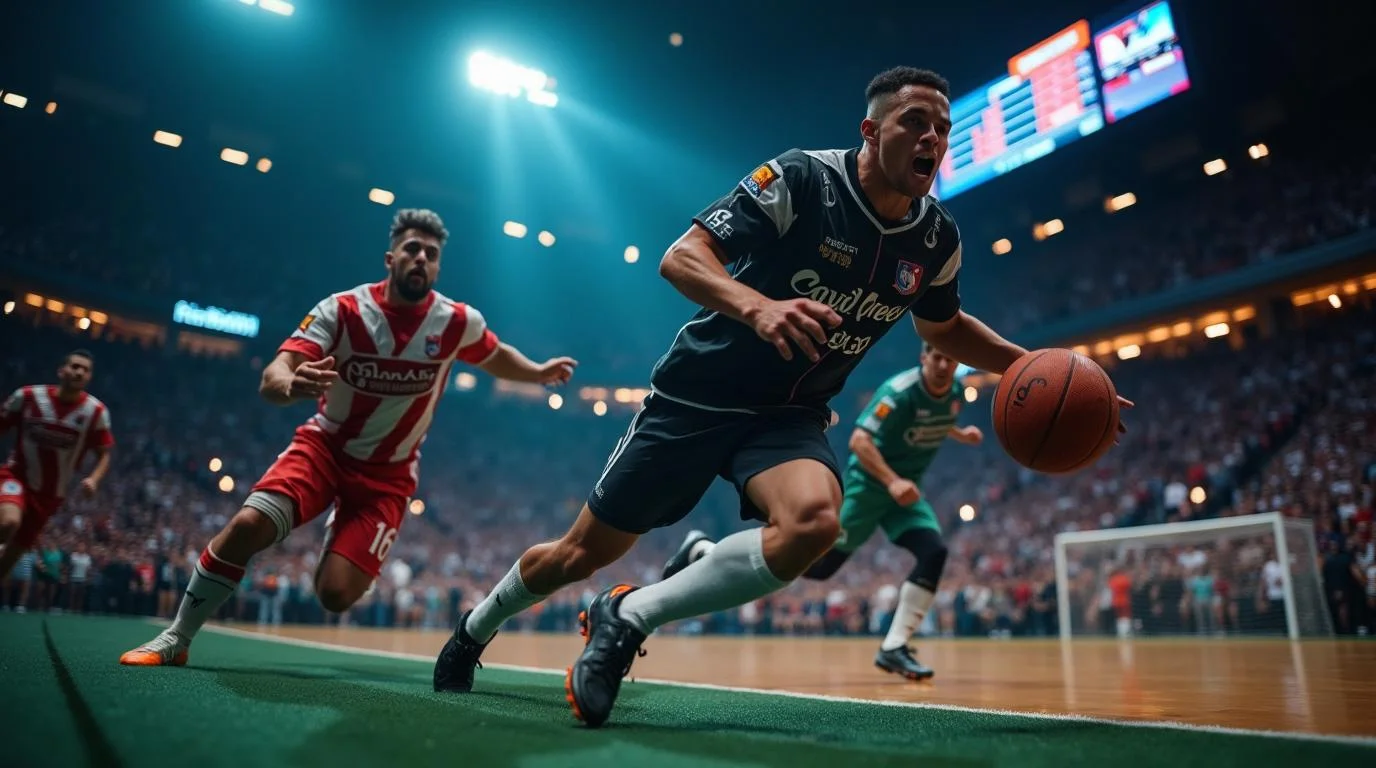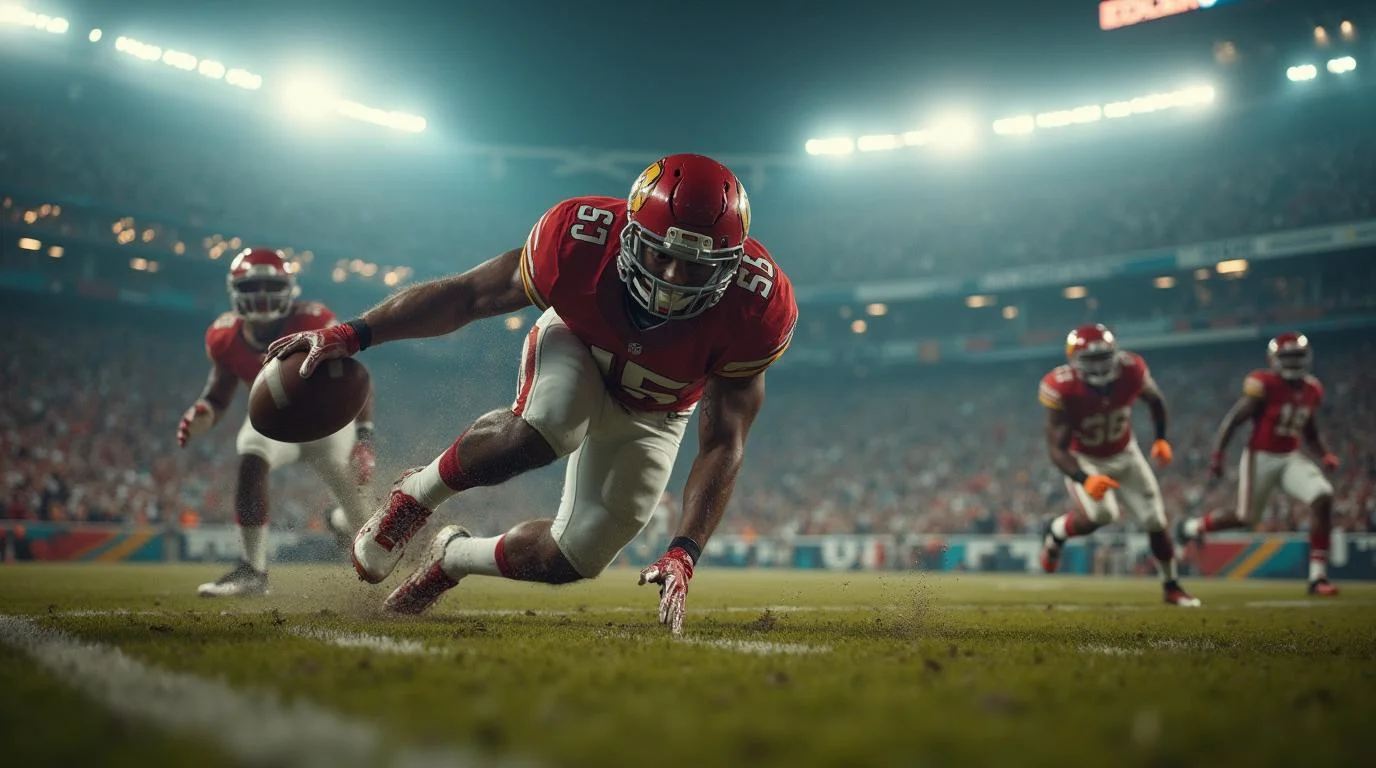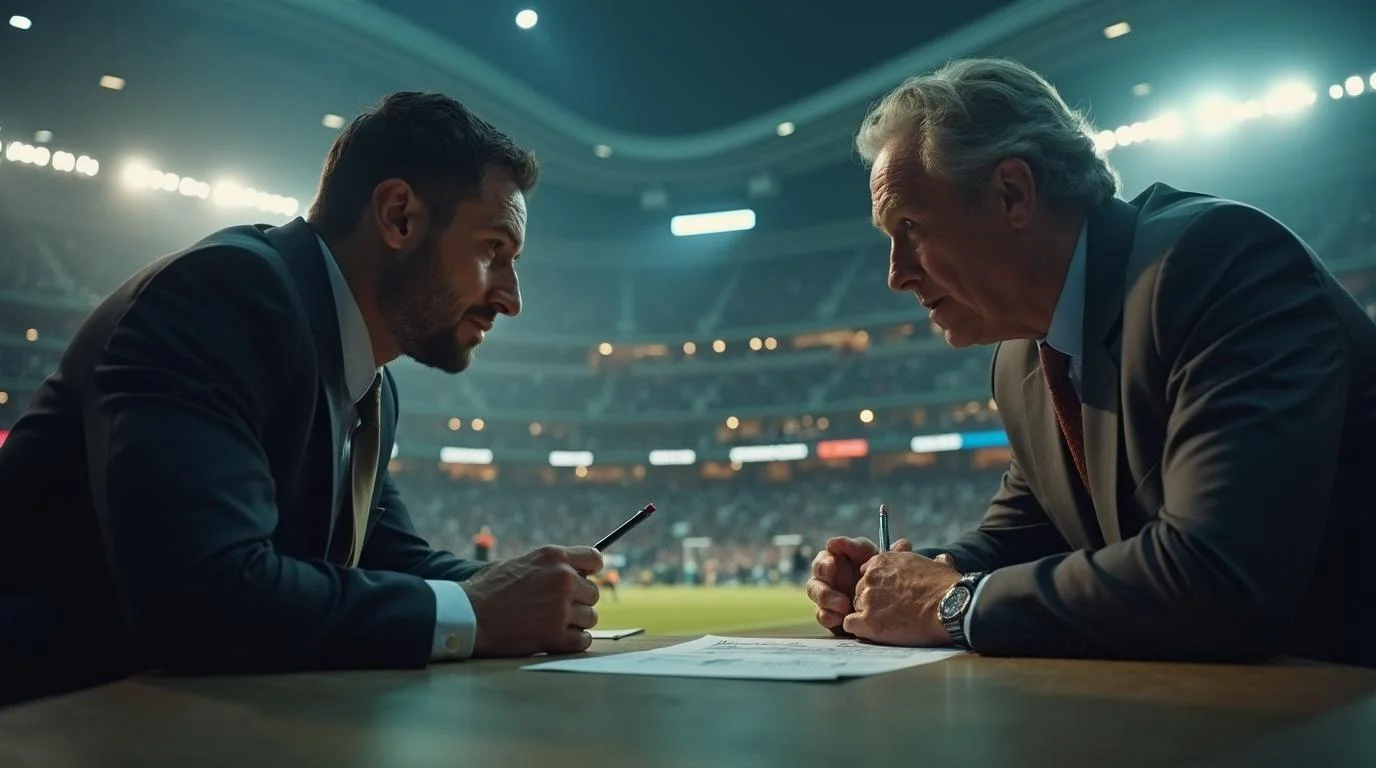How MLB Owners Work to Help Their Respective Clubs
One of the most significant ways MLB owners have boosted their fortunes is by capitalizing on broadcast and media rights. As TV contracts continue to rise, media deals have become a huge revenue stream for teams. The more eyes on the product, the higher the revenue.
National TV contracts with networks like ESPN, Fox, and Turner Sports generate billions for MLB annually, and the wealth trickles down to owners. But the real financial magic happens on a more localized level, through regional sports networks.
Some of the biggest teams—like the New York Yankees with their YES Network, the Los Angeles Dodgers, and the Chicago Cubs—have negotiated massive local broadcast deals. This ensures that even if a team isn’t winning every season, they are still cashing in thanks to their local fanbases.

Smart MLB owners have understood that player development and front-office management are crucial to maintaining sustained success. Owners who support their management's ability to invest in advanced analytics, data-driven decision-making, and player development have created long-term financial benefits.
There’s more to owning an MLB team than most people think, and one can even say that owners have to excel in doing the best business moves that can end up beneficial for their respective franchises – with the best-case scenario being a win in October at the World Series.
Who are the Richest Club Owners in the MLB Today?
It is worth noting that not all owners are permanent, and some even have split ownership as they have respective shares between other entities. However, one can say that these owners are more than capable of running the business themselves, which makes them respectable owners of a club and are hailed as a promising leader of their respective organizations.
Richest MLB Owners 2025

Steven Cohen, owner of the New York Mets, leads the list with a net worth of $16 billion. This underscores the significant financial potential of owning a major-market team like the Mets, located in New York, which provides immense revenue opportunities through media rights, ticket sales, and sponsorships.
Similarly, Hal Steinbrenner of the New York Yankees, another iconic large-market team, ranks on the list with a net worth of $3.8 billion. The Yankees, being one of the wealthiest and most globally recognized sports franchises, are a prime example of how ownership of big-market teams can lead to massive wealth.
John Malone, who owns the Atlanta Braves, is a perfect example of how MLB ownership can be part of a broader business portfolio. Malone’s wealth of $6.6 billion comes not only from his stake in the Braves but also from his extensive investments in media and telecommunications through Liberty Media.
Lerner Family, which owns the Washington Nationals, has a net worth of $6.6 billion, highlighting the continued importance of family-owned teams in MLB. Families like the Lerners, who have held the Nationals for years, benefit from generational wealth accumulation and often manage the team's operations with a long-term perspective. Similarly, William DeWitt Jr. of the St. Louis Cardinals (worth $4 billion) represents another prominent example of family-run ownership in MLB.
These takeaways indicate that owning an MLB team—especially a large-market or successful team—remains a highly profitable venture for a select group of extremely wealthy individuals, with diversified investments and long-term management playing a key role in sustaining their financial success.
Which MLB Club is Most Valued in the League?
With the help of their owners, the value of MLB teams has soared in recent years, driven by factors such as skyrocketing media deals, lucrative stadium developments, and the increasing importance of digital revenue streams. However, the value of a team isn’t determined solely by on-field performance; market size, ownership, strategic investments, and a range of other factors all play a crucial role in shaping a franchise’s worth.
For starters, in relation to the owners’ net worth, the value of each MLB club also comes into play as to how their respective owners have worked hard to ensure that their club remains relevant in the years to come.
Top 10 Most-Valued Franchises in the MLB
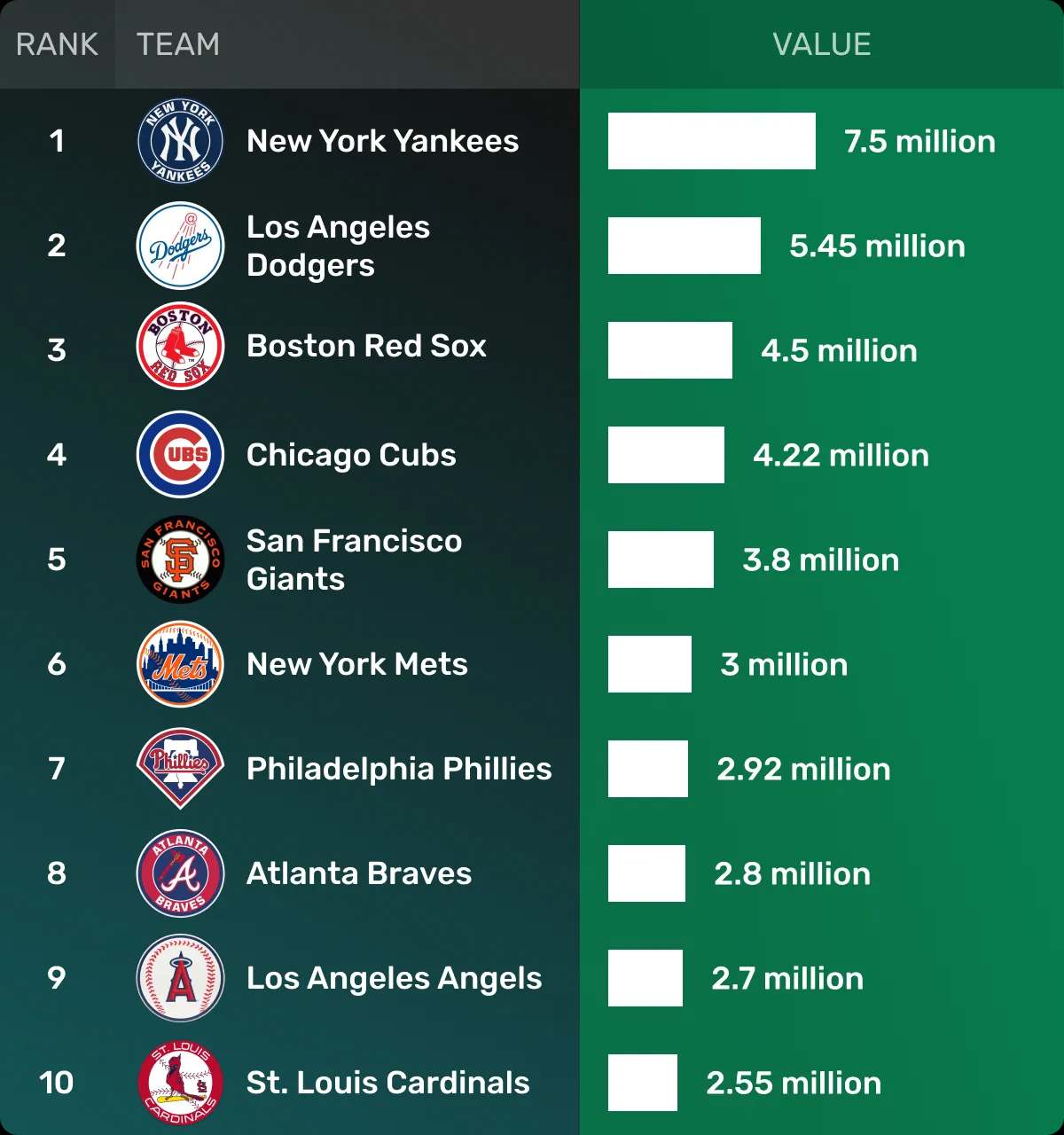
When looking at the top 10 most-valued MLB franchises, we see a clear connection between team value, market size, and ownership strategy. The New York Yankees, Los Angeles Dodgers, Boston Red Sox, and Chicago Cubs are all in major media markets. These teams benefit from substantial national and local TV deals, vast fanbases, and lucrative sponsorships. It’s no surprise that the Yankees and Dodgers are at the top of the list, with the Mets following closely behind.
Large-market teams continue to lead the MLB rankings in terms of franchise value because of extensive media deals and global fan appeal. Their owners can leverage these factors for greater profitability. Philadelphia Phillies and Atlanta Braves, valued at $2.92 billion and $2.8 billion, respectively, show that even smaller market teams can maintain strong franchise values when they focus on building competitive teams, securing lucrative TV deals, and fostering deep community ties.
The Boston Red Sox’ value of $4.5 billion illustrates how historical legacy, brand strength, and strategic ownership can elevate a team’s financial worth. John Henry’s ownership of the Red Sox, which includes not just the team but also media holdings like NESN, plays a large part in the team’s continued financial success.
MLB Owners and the Success of Clubs
The value of MLB teams is shaped by a complex interplay of factors, where both traditional and modern strategies drive financial success. At the core of this value are market dynamics, which determine the potential for revenue through broadcasting rights, sponsorships, and fan engagement.
Teams located in larger markets often benefit from more extensive media deals and a broader global fanbase, making their value naturally higher. However, even teams from smaller markets can achieve substantial valuations by leveraging smart investments, such as in-stadium developments, real estate, and media rights.
Ultimately, franchise values are not just a reflection of on-field performance but of long-term financial planning. Ownership that views a team as both a business and a community asset can lead to sustained growth, regardless of market size. The key takeaway is that strategic investments, brand development, and diversified revenue streams are essential for teams to maximize their financial potential and secure long-term value.
If you have concerns about your betting plans or need a new strategy, you can always see what our Gamble AI thinks. The more well-thought your wagers are, the bigger your chances of winning in each of your wagers!
Don’t miss out on the latest in the MLB and the rest of the sports world! GambleSpot has you covered when it comes to the hottest news, blogs, gambling guides, tournament previews, and even some discussions on betting strategies. Make use of all our content to spice up your chances of winning and enjoy your betting experience like no other!












_800x800.webp)



